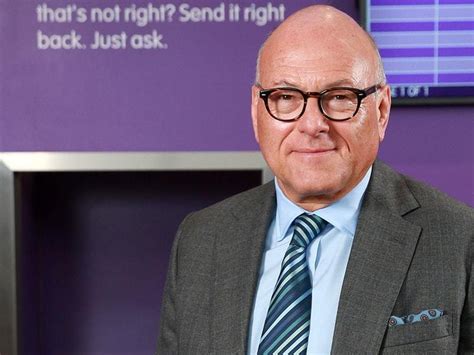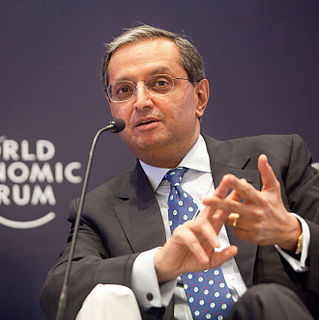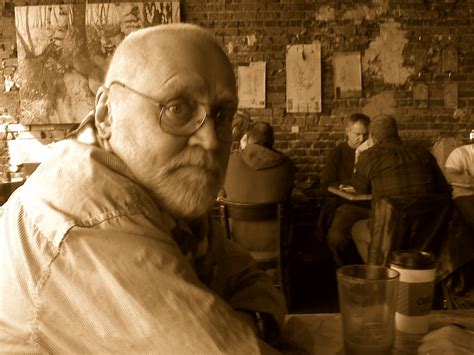A Quote by Dick Durbin
And the banks - hard to believe in a time when we're facing a banking crisis that many of the banks created - are still the most powerful lobby on Capitol Hill. And they frankly own the place.
Related Quotes
We survived for hundreds of years under the old banking structure. You'd have clearing banks, then merchant banks doing the racy stuff, and then building societies where you'd join a waiting list for a mortgage. But then banks started buying stockbrokers, doing mortgages, and you ended up with these big banking groups doing everything.
One nation banking recognises that banks must not be isolated from the rest of the economy. Because banks and small businesses must succeed or fail together, banks must lend to small businesses so we can get the growth and jobs we need for the future. As things stand, that is not happening enough. Lending was down £10.8billion last year.
Critics, often for good reason, are concerned that the Fed is wielding its vast powers in the interests of the banks and not in the interests of the people. After the financial crisis, Americans have perceived that the banks have been bailed out, but a significant proportion of the population is still in serious economic trouble.
So perhaps the most worrying single remark made by a responsible banking official during the current crisis came from Jochen Sanio, the head of Germany's banking regulator BaFin. He warned on Aug. 1 that his country could be facing the worst banking crisis since 1931 - a reference to the collapse of Austria's Kredit Anstalt, which provoked a wave of bank failures across Europe.
Temporary nationalization of the banks that are in very bad shape would mean basically that the government is the temporary owner. I always believe that the government should focus on its comparative advantages, and banking is not one of them. It should, therefore, if it nationalizes banks, sell them back to the private sector.
This is the first global crisis that doesn't start in poor countries and it was caused by the rich countries. So it's necessary to take advantage of this crisis - the financial system has to be regulated. It's necessary that the central banks in the world should control a little bit the banks' financing, because they cannot bypass a certain range of leverage. And I believe that there's no other - more any reason for a G-8 group or any other "G." I believe that we should guarantee that the G-20 should be now an important forum to discuss the major economic issues of the world.

































